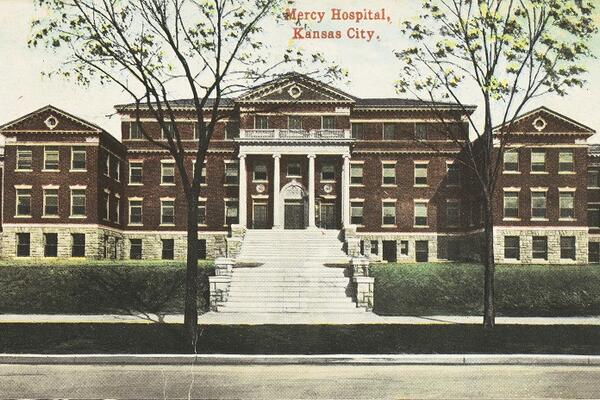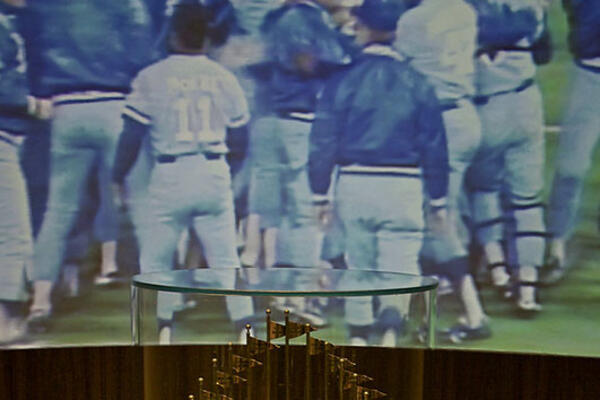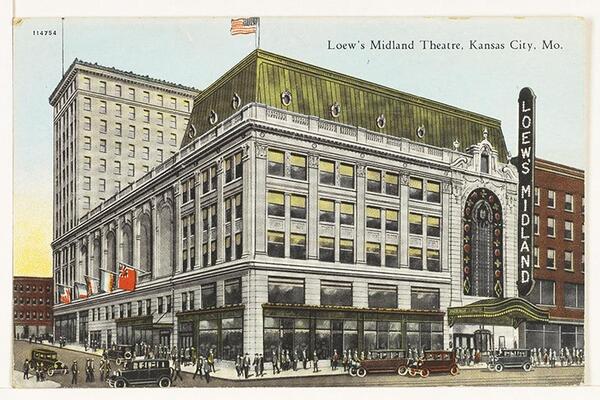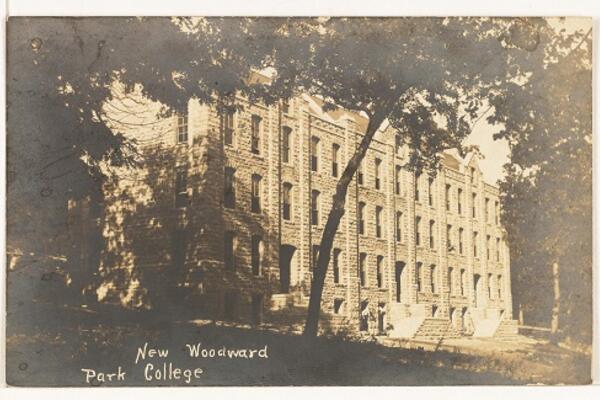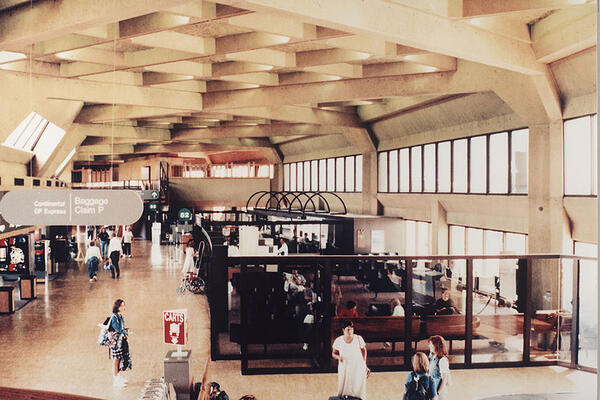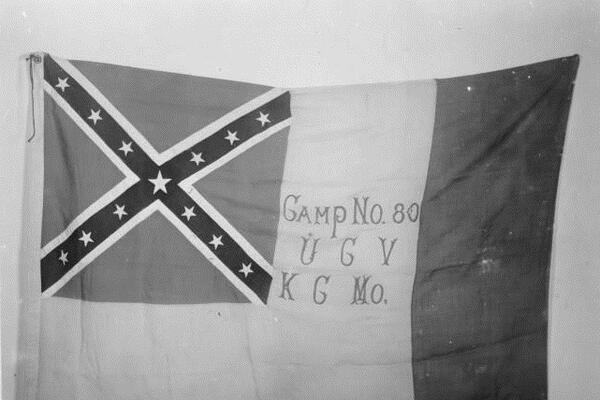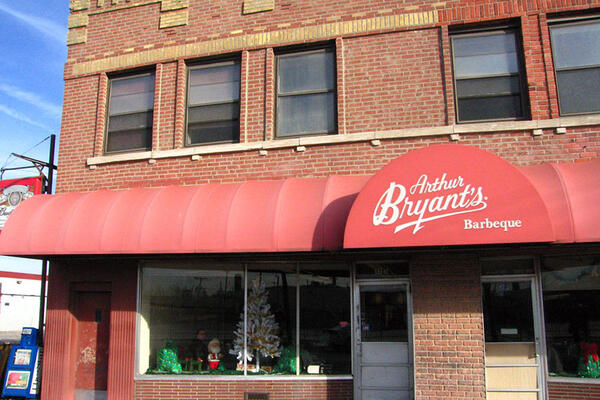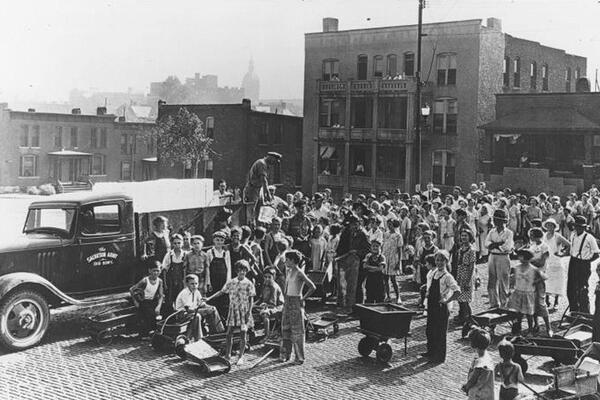This Week in KC History
You can search for full or partial dates in the box below. Use two-digit, numerical values such as "03-02" for March 2.
Mothers of Mercy
June 1, 1897: Dr. Alice Berry Graham discovered a young, ailing girl whose mother could no longer afford to care for her. She and her sister, Dr. Katharine Berry Richardson, rented a bed and supplies at a maternity hospital where…
That Championship Season
October 27, 1985: The Kansas City Royals win game seven of the World Series, finishing off a stunning come-from-behind series victory over the St. Louis Cardinals with an 11-0 triumph. When Ewing Marion Kauffman offered $10…
Going Nuclear
November 20, 1983: Thousands of Kansas Citians were part of the estimated 100 million Americans that watched the fictional destruction of Kansas City in the made-for-TV drama, The Day After. To an unprecedented scale,…
The Multiplex is Born
July 12, 1963: Stanley H. Durwood opened what is widely believed to be the first movie theater designed specifically as a twin multiplex. Located in the Ward Parkway Shopping Center of Kansas City, Missouri, Durwood's Parkway…
Can't Buy Him Love
September 17, 1964: On their inaugural tour of the United States, the Beatles attracted capacity crowds at every concert except for the Children’s Mercy Hospital benefit held in Kansas City, Missouri. The crowd of 20,207 was just…
Death Takes a Holiday (Maybe)
March 27, 1836: George Shepherd Park narrowly escaped death at the hands of a Mexican firing squad in a mass-execution that later became known as the Goliad Massacre. A few months earlier, Park had joined the Texan (then known as…
Plane Speaking
November 11, 1972: The Kansas City International Airport officially opened for commercial service. The airport replaced the existing Mid-Continent Airport at the same location. Twenty years before, the 1951 flood destroyed many…
Shades of Gray
April 30, 1861: The Confederate attack on Fort Sumter marked the beginning of the Civil War and left the populations of border states such as Missouri pondering where their loyalties lay. In the months immediately prior to the…
Death of a Legend
December 28, 1982: Arthur Bryant died while working in the restaurant that he turned into a world-famous barbecue joint. Bryant was born in 1902 in Branchville, Texas, and attended Prairie View A&M, an all-black agricultural…
Heat Wave
August 14, 1936: In the midst of a sweltering summer heat wave, the temperature reached a record-high 113 degrees Fahrenheit in Kansas City. These high temperatures in the summer of 1936 remain the most extreme in modern North…



